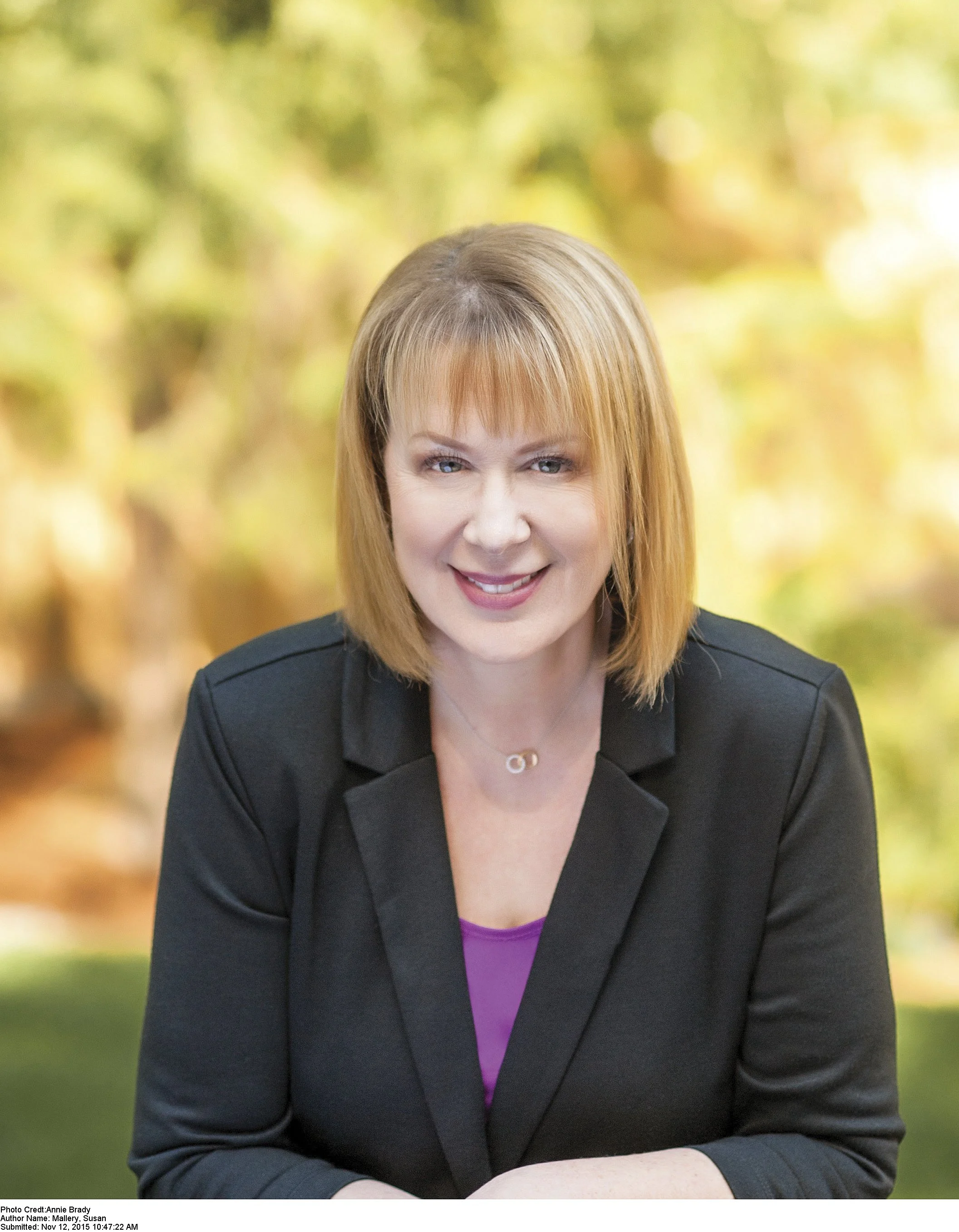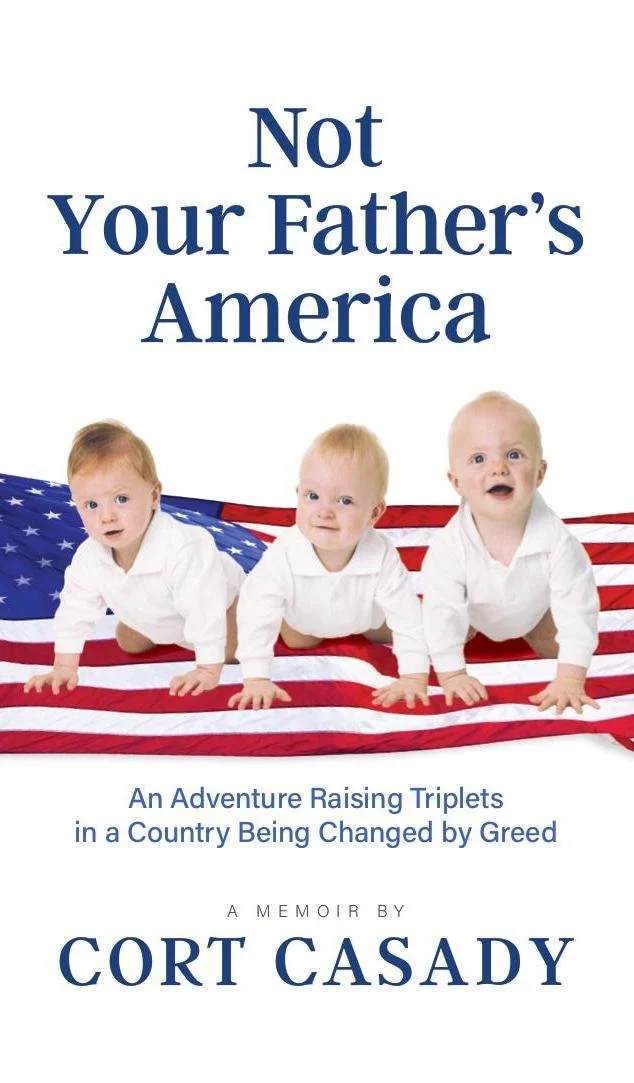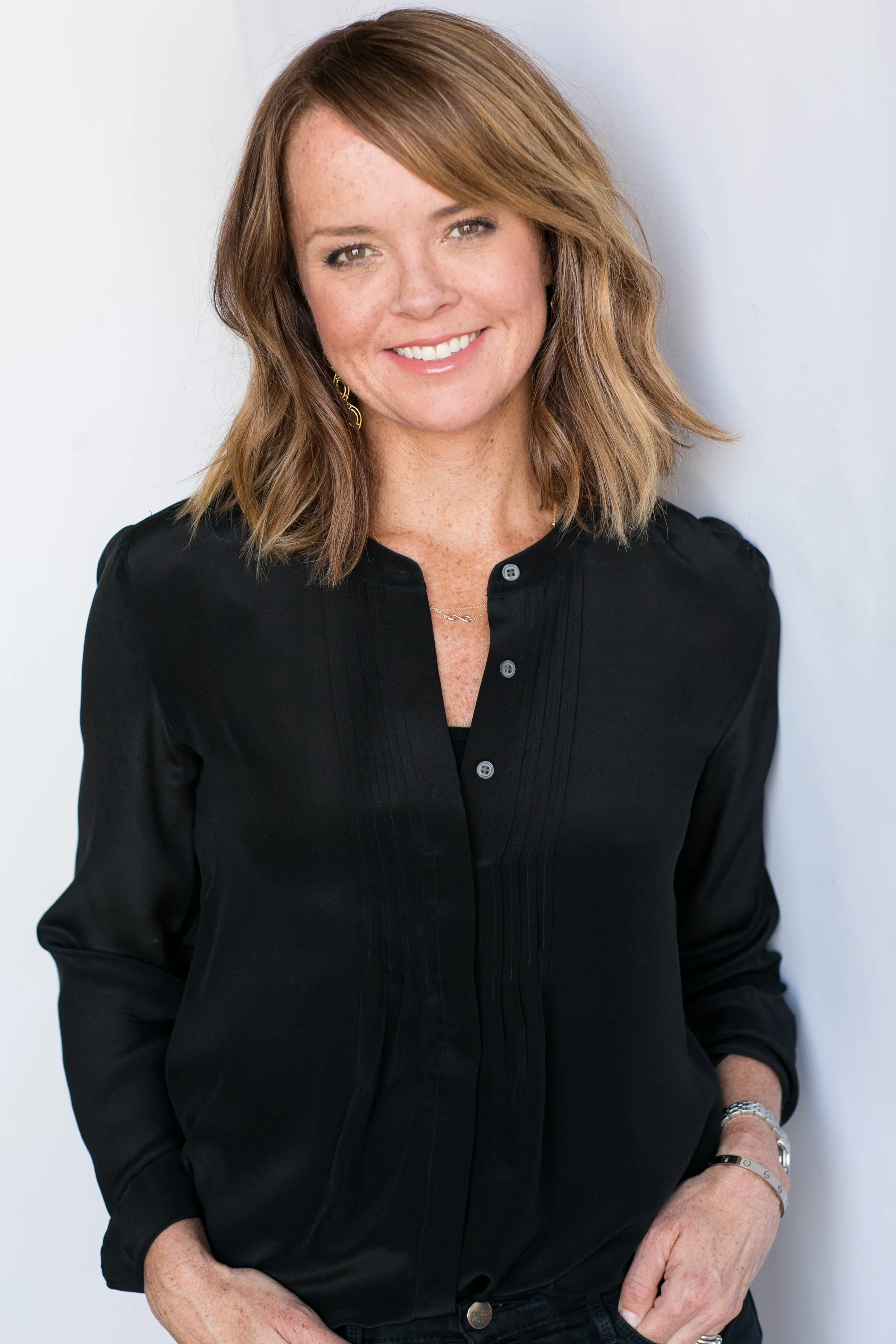Q&A with Susan Mallery, The Sister Effect
/What inspired you to write about sisters? And do you have a sister story to share?
I think I’m inspired to write about sisters precisely because I don’t have any of my own. I’m an only child. My parents were onlies, too, so I didn’t even have any cousins growing up. But I did have a good friend who came from a big family, and I absolutely adored going over to her house. It was so delightfully loud! So beautifully chaotic! (Maybe part of the reason I loved it so much was that I could leave and go home whenever I wanted. My friend envied the quiet and the privacy at my house.)
I wrote The Sister Effect because I wanted to explore the idea of two sisters who experience the same event—going side by side through childhood—but who perceive it differently. And their different perceptions create a ripple effect through the years that sends their lives in different directions. When Finley and Sloane were young, their mother and grandfather got into a custody battle for them. The court decided in Mom’s favor after Finley told the judge she didn’t want to lose her mom, so grandpa turned his backs on the girls. Can you imagine how traumatic that would be? They loved him, and they thought he loved them, too, but he reacted out of his own pain rather than out of thinking of what was best for them. Finley became terrified to trust her heart to anyone again. Sloane turned into the wild child of the family, larger than life on the outside to disguise her pain.
As The Sister Effect starts, the sisters are in their thirties and estranged. But they both deeply love Sloane’s young daughter, and their love for that little girl will open their hearts to one another so they can become true sisters once again. This book is painful and funny and uplifting, with so many juicy topics for bookclubs to dig into. I hope you’ll love The Sister Effect as much as I loved writing it.
Although I don’t have a sister story of my own to share, I did invite some of my favorite writers to share a True Story of Sisterhood. You can read them at https://sistereffect.susanmallery.com. There, you’ll find heartwarming stories of sisterhood from Maisey Yates, Carolyn Brown, Kristy Woodson Harvey, Mariah Stewart, Christine Rimmer, Alexis Morgan, Debbie Mason, Robyn Carr, Lori Foster, Brenda Novak, and Christina Dodd—plus some wonderful stories shared by my readers. It’s a true celebration of sisterhood, both biological and sisters of the heart!
What is the biggest challenge you face when you start writing a new book?
Because I’ve written so many books, my biggest challenge is to find fresh stories to tell and fresh ways to tell them. I try to make each book a little better than the one before. In The Sister Effect, I deal with a topic that I’ve never written about—I’ll let you read the book to find out what that is—and it was an exciting challenge because it was so new to me. I’m also incredibly nervous about this book, which is a good sign. I have found over the years that the books that make me the most nervous are the ones that readers love the best, because my nerves are a sign that I stretched myself as a storyteller.
If you were not an author, what other profession would you choose to be a part of and why?
I have a powerful imagination, but it’s really hard for me to imagine being anything other than a writer. I was published just months after I graduated college, and I’ve never had another job. However, I graduated in accounting, so I suppose I would probably be an unfulfilled accountant.
Does this book include any favorite recipes as some of your other books do?
Just one—but it’s a total wow! When I was writing The Sister Effect, I imagined a decadent breakfast that Sloane might serve at her restaurant, Life’s a Yolk. I called it Cinnamon Custard Yum-Yum and described it in the book as a cross between French toast and bread pudding. But it only existed in my imagination. . . until, in a case of life imitating art, I created a recipe to go with my imaginary recipe title. It. Is. Fabulous. Yum Yum Yum Yum YUM! The recipe is included with the book club discussion guide at the end of the book. Enjoy!





















































